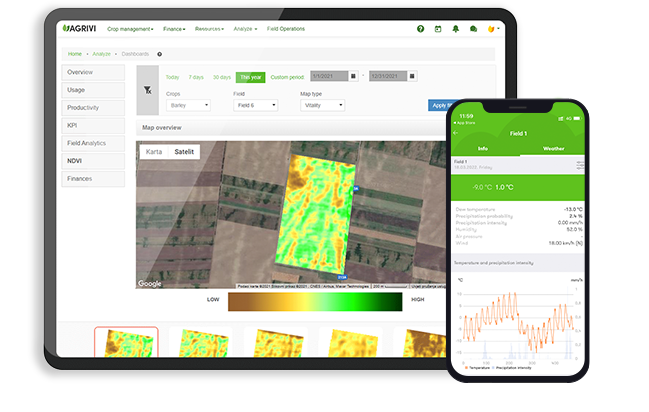During the last few years, transparency has become a popular term. Not only has transparency become one of the frequent requests from consumers, but it has also established its popularity in supply chain management. So how does transparency impact the standards in supply chain management?
Table of Contents
Collaboration and Transparency as a Prerequisite to Sucess
To produce specific products such as food, beverages, toilet paper, diapers, or even clothes, processing companies need to ensure a sufficient quantity of raw material i.e. crops, delivered until the specific period, at an already pre-defined price and produced by following a set of quality standards. For that purpose, they collaborate with the network of farmers, usually organized in groups by crops or region.
The collaboration between the processing company and farmers tends to be a win-win situation, where the processing company can agree on a specific quantity of crops purchased by pre-defined price and pre-defined quality standards. On the other hand, farmers benefit by ensuring that they will sell a specific quantity of their products at an already secured price.
How to Ensure Efficient Supply Chain Management?
Ensuring continuous supply of the crops and mitigating production risks while at the same time achieving quality, efficient and sustainable production is a challenge for processing companies. Right here, transparency plays an important role in establishing efficient supply chain management through two key points:
Providing vertical integration of supply chain and crop sourcing (farmers)
Real-time monitoring of contracts and production plans.
One of the main reasons why processing companies aim to achieve full transparency is to manage all farmers in their portfolio through a centralized platform that allows them an accurate insight into the farmer’s processes at any time.
Processing companies that have an insight into the real-time production of their farmers per each crop, variety, and field can easily make yield predictions and based on that anticipate potential yield gaps. Not only that a healthy supply chain needs transparency regarding yield tracking per farmer, crop, field, and variety, they also need to track contract execution. The reason behind that is execution monitoring allows dynamical adjustment of production plans.
Digital Agriculture- A Turning Point for Complete Transparency
There is a reason why today’s processing industry managers are lucky ones. They have the privilege to live in the era of Digital Agriculture and Farm Management Software in which the digitalization of crop sourcing processes simplifies overall supply chain management through the real-time monitoring of contracts and production plans.
By managing processes of a supply chain through a centralized digital agriculture platform, the company provides farmers with real-time insight into crop health, risks, and climate conditions, and enables them to make data-driven decisions.
AGRIVI 360 Agriculture Supply Chain is a powerful agriculture supply chain management software tailor-made to support processing companies in creating sustainable and efficient supply chains.







